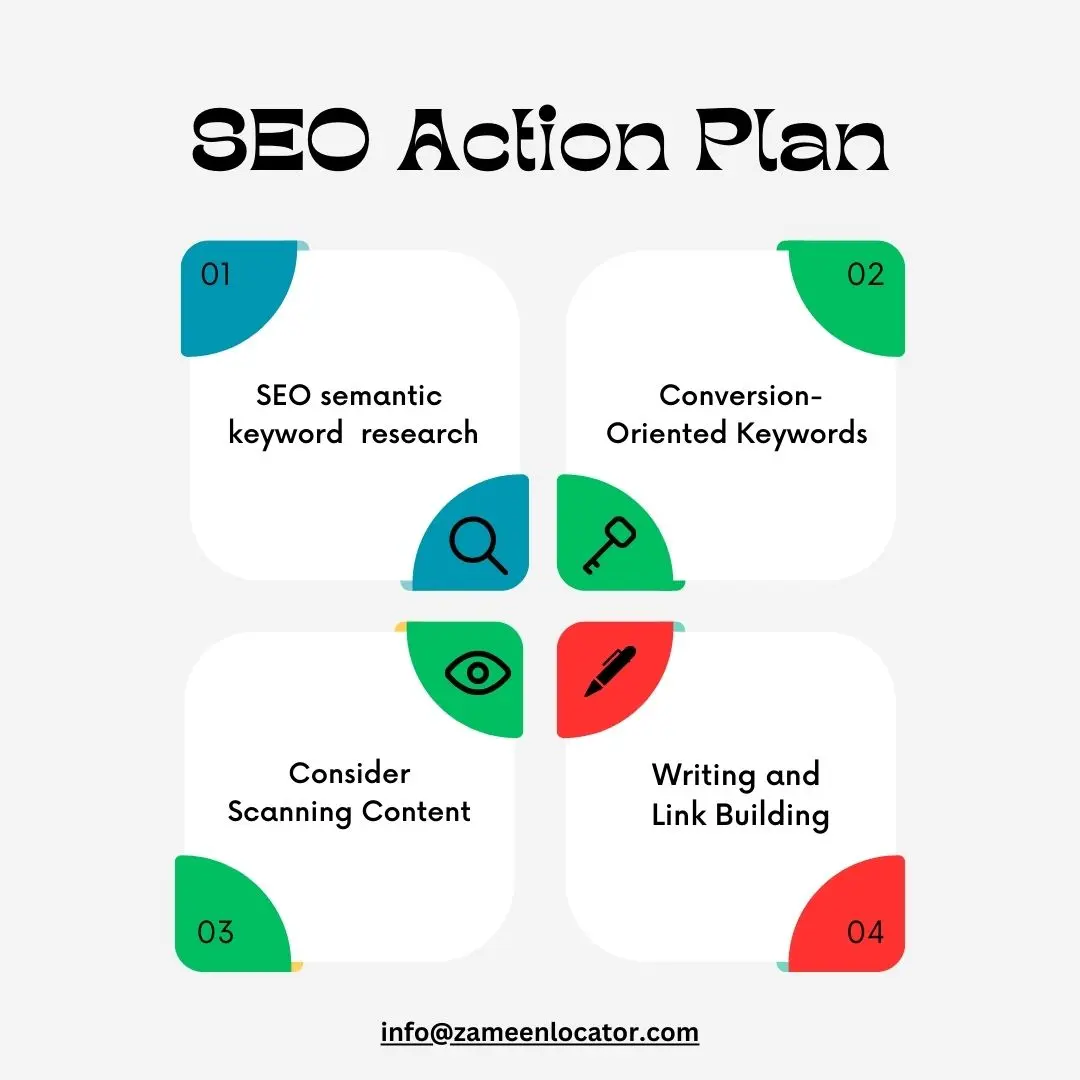
Unlocking Google Search Rank Secrets: The Power of User Experience
- In the constantly changing world of digital marketing, achieving a high Google search rank is a desired goal for businesses and content creators. While SEO tactics like keyword optimization and backlinking play significant roles, User Experience (UX) is often overlooked. Yet, focusing on UX can help improve your Google search rankings.
-
Understanding User Experience (UX)
- User Experience covers all aspects of a user's interaction with a website or digital platform. It includes ease of navigation, page load times, mobile responsiveness, content relevance, and overall satisfaction. Google considers UX metrics critical indicators of a website's quality and relevance.

-
Key UX Factors Influencing Google Search Rank
- Page Speed: Google prioritizes fast-loading websites to enhance user satisfaction and reduce bounce rates.
- Mobile-Friendliness: With most searches now on mobile, Google favors responsive and mobile-optimized websites for higher rankings.
- Content Quality and Relevance: Engaging, informative content that meets user search intent encourages longer dwell times and lower bounce rates, signaling value to Google.
- Navigation and Structure: Intuitive navigation and clear hierarchies improve user experience and aid search engine crawling and indexing.
- Security: Secure websites with SSL certificates are preferred by Google to protect user data and privacy.
-
Enhancing UX for Improved SEO
- Improving user experience enhances Google's search rank and overall business success by increasing conversions and customer satisfaction. Practical steps include optimizing page speed, mobile responsiveness, content quality, intuitive design, and website security.
-
Measuring UX Impact on SEO
- Tracking UX metrics such as bounce rate, average session duration, and pages per session through tools like Google Analytics and Google Search Console offers valuable insights for improvement.
-
Conclusion
- Prioritizing user experience impacts Google search rank and digital presence. By focusing on page speed, mobile-friendliness, content, navigation, and security, you can create a website that not only ranks higher but also delights users and drives business growth. Remember, Google aims to deliver the best user experience, making UX optimization a fundamental strategy for online success.
- Unlock the secrets of Google search rank with user experience, and watch your website climb the ranks while providing exceptional value to your audience.

-
Frequently asked questions (FAQs)
- 1. What is SEO and why is it important?
- SEO stands for Search Engine Optimization. It involves optimizing your website to make it more visible and rank higher in search engine results pages (SERPs). SEO is important because it helps businesses attract more unpaid traffic, improve brand visibility, and increase conversions and revenue.
- 2. How does Google determine search rankings?
- Google uses a complex algorithm to determine search rankings. Key factors include content relevance to the search query, quality and authority of backlinks, website loading speed, mobile-friendliness, user experience metrics (such as bounce rate and dwell time), and website security (HTTPS).
- 3. What role does content play in SEO?
- Content is vital in SEO. High-quality, relevant, and engaging content attracts visitors to your site and helps improve search rankings. Google prioritizes content that effectively answers user queries, provides valuable information, and is regularly updated. Content can include text, images, videos, infographics, and more.
- 4. How long does it take to see results from SEO efforts?
- The timeline for seeing results from SEO efforts can vary based on industry factors, the quality of SEO strategies, and the current state of your website. Generally, significant improvements in rankings and traffic can take anywhere from a few months to over a year.
- 5. What are some best practices for improving SEO?
- You have the potential to achieve a high Google ranking by implementing a comprehensive SEO strategy that includes thorough keyword research, meticulous on-page optimization, responsive and mobile-friendly design, strategic backlinking, active engagement on social media, prioritization of user experience, local SEO tactics, and consistent updates. Integrating these practices effectively can significantly enhance your website's visibility, attract more traffic, and ultimately improve your search engine rankings.
- Consistently implementing these practices and adapting to algorithm updates can help improve your website's SEO performance over time.











